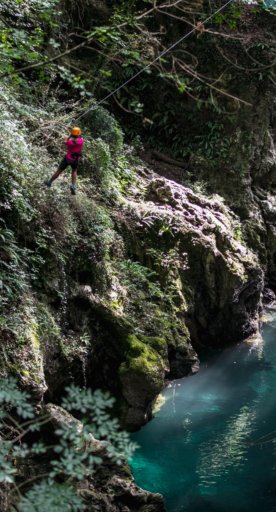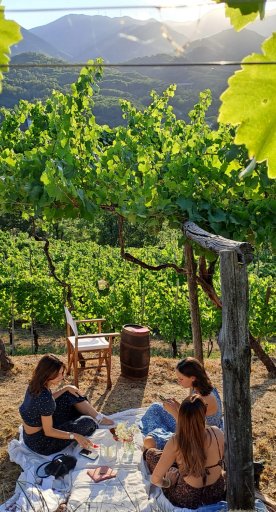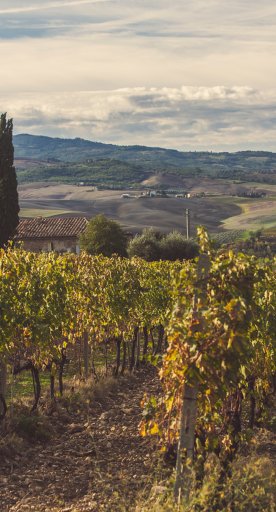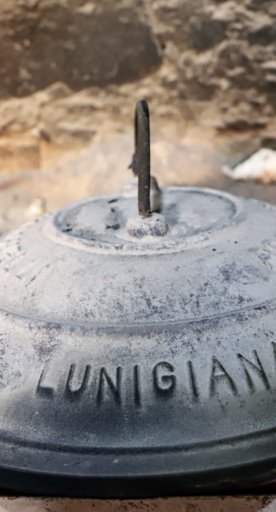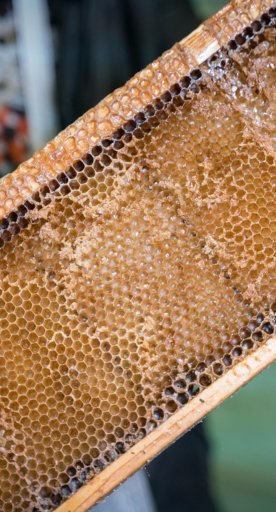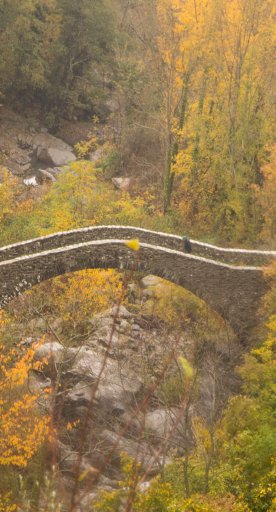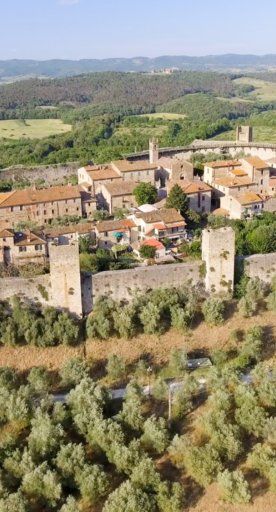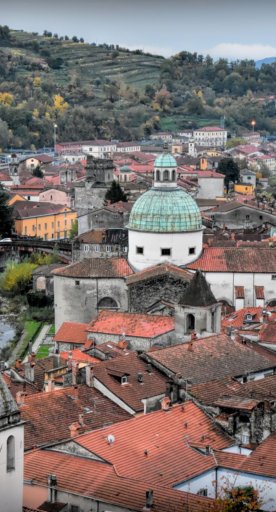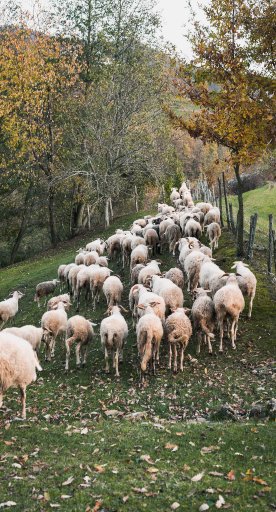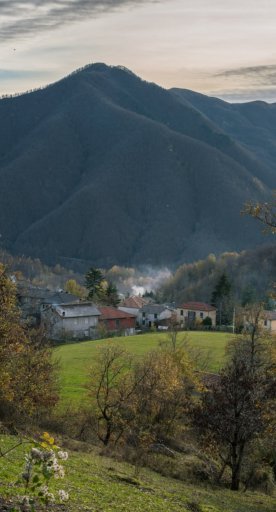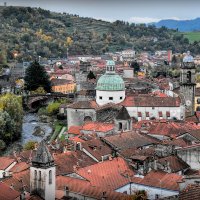

The 5 "prada" that cannot be missed in Lunigiana
Discover the 5 "hikes" to reach the most panoramic meadows of Lunigiana
In Lunigiana the dialect word "prada" refers to all the vast and grassy expanses found on top of the highest hills of the area, in particular, above 900 meters.
An authentic paradise surrounded by pristine countryside: expanses of cultivated fields, steep hills crossed by rivers and rugged mountains teeming with rich flora and fauna, representing an area of boundless landscapes.
There is something special about being in Lunigiana. Located in the north of Tuscany, the valley is surrounded by the National Park of the Tuscan-Emilian Apennines, the Regional Park of the Apuan Alps and part of the UNESCO MaB Reserve.
The uniqueness of the Parks, Natural Areas and their incredible biodiversity make Lunigiana the perfect destination for those who choose authentic experiences in search of the small hidden treasures immersed in the greenery surrounding them. Miles of roads and trails allow you to discover its ancient history and admire its splendid views of overwhelming beauty.
-
1.The flowering meadows of Logarghena
-
2.The Prada di Cisigliana and the Torre del Nocciolo
-
3.The Camporaghena meadows
-
4.The Prade di Fosdinovo
-
5.The Prada del Re
The flowering meadows of Logarghena

On the highest slopes of Monte Braiola, at about 1000 metres above sea level, these wide and gentle open spaces offer wonderful views over the Magra river valley, the Apuan Alps and the northern Apennines, with the Marmagna Mountain in the foreground. These areas used to be the locations for grazing livestock, but today they are a favourite destination for trips and picnics.
Every year, at the beginning of May, the local “Festa delle Giunchiglie” takes place: on this occasion, the meadows are covered in an infinite mantle of white and yellow flowers attracting the gaze and amazement of visitors.
To reach these meadows by car is very simple: take the exit at Pontremoli from the A15 Parma – La Spezia motorway, just follow the signs for Filattiera- Villafranca Lunigiana, reach Scorcetoli (Filattiera) and continue toward Caprio e Serravalle until the beginning of the dirt road from where a large number of walking trails begin.
The Prada di Cisigliana and the Torre del Nocciolo

Walking along the road running alongside Bastia Castle, in the municipality of Licciana Nardi, you reach the Prada di Cisigliana, an ancient grassy pasture from which you can enjoy a 360°-degree view of the Lunigiana valley, the Apennines and the Apuan Alps. Entering the woods, you reach the remains of an ancient tower, probably a Ligurian castle, the Torre del Nocciolo, once located in visual communication with the other ancient fortifications in the area. This plateau, between the Taverone and Rosaro valleys, is a wonderful observation point for those who love nature and wildlife.
The Camporaghena meadows

The characteristic village of Camporaghena, in the municipality of Comano, is surrounded by wild landscape, nestled in the mountains of the Tuscan-Emilian Apennines National Park. Along the narrow streets of the village, now largely uninhabited, it is possible to admire the traditional craftsmanship: from richly decorated portals to the common presence of the “Maestà”, devotional marble images of the Virgin Mary and the Saints from the 17th century.
From the village, numerous walking trails lead to the discovery of the most amazing glimpses of Lunigiana. Following the trails 100A and 100, a simple ring route leads to the Camporaghena meadows, open pastures where wild horses roam free and you can enjoy an incredible view of Monte Alto.
The Prade di Fosdinovo

The municipality of Fosdinovo, which extends into the Lower Val di Magra, has always been one of the most flourishing and well-known villages of Lunigiana. Between the 14th and 18th century, Fosdinovo was at the height of its splendour, which today can be witnessed in the local architecture and culture: from the imposing castle to the wonderful Malaspina Villa in Caniparola.
The Prade di Fosdinovo spread out from the surroundings of this picturesque village, which since 2014 has been awarded the Orange Flag by the Italian Touring Club. There are many vast meadows from which you can observe a breathtaking view, ranging from the Tuscan-Emilian Apennines to the Apuan Alps, the Ligurian Levante with the Gulf of Poets and the archipelago of Palmaria. Here, you can often come across horses, sheep or cows grazing and you can stop for picnics.
The Prada del Re

In the municipality of Licciana Nardi, in the upper Taverone Valley, on the slopes of the high ridges of the Tuscan-Emilian Apennine National Park, stands Apella, a typical rural mountain hamlet, birthplace of the patriots Biagio and Anacarsi Nardi, fighters of the Risorgimento. At a short distance from the village, near the hamlet of Taponecco, stands one of the oldest and most significant towers of the Lunigiana: the Apella tower, built to guard the valley.
The CAI (Italian Alpine Club) rail that leads to the Prada del Re begins in the center of the village, heads up the mountains winding through ancient chestnut groves that have recently been recovered, and arrives at a true panoramic terrace. From this observation point, the entire valley, the Apuan Alps and the splendid peaks of the Apennines above you can be admired. From here, excursions of great interest and beauty lead to the Prada del Ferro, once a summer lodge for the shepherds of Apella. After you have reached the renovated Giovarello hut, you can continue towards the Bragalata and Bocco mountains, until you find yourself on the scenic ridge between Tuscany and Emilia.



